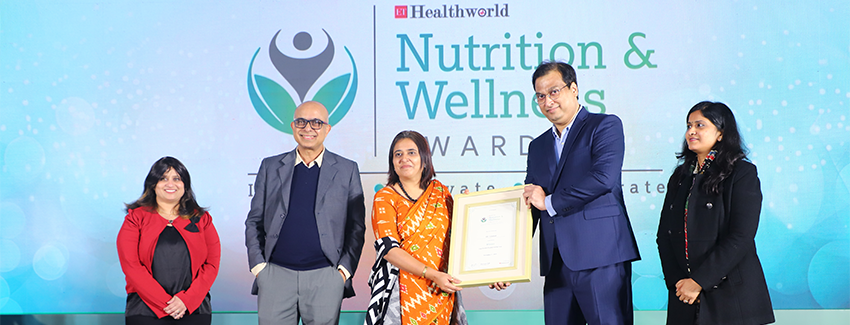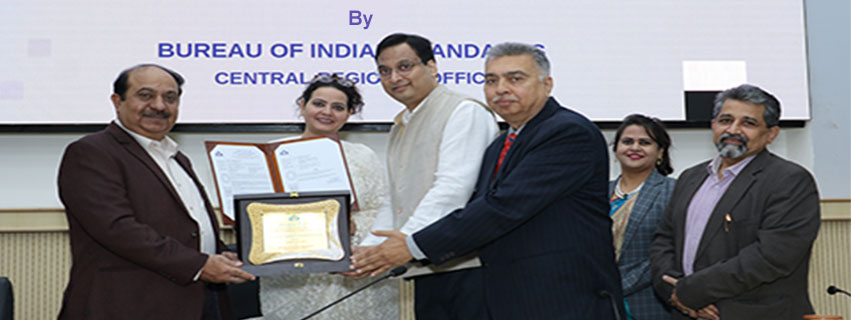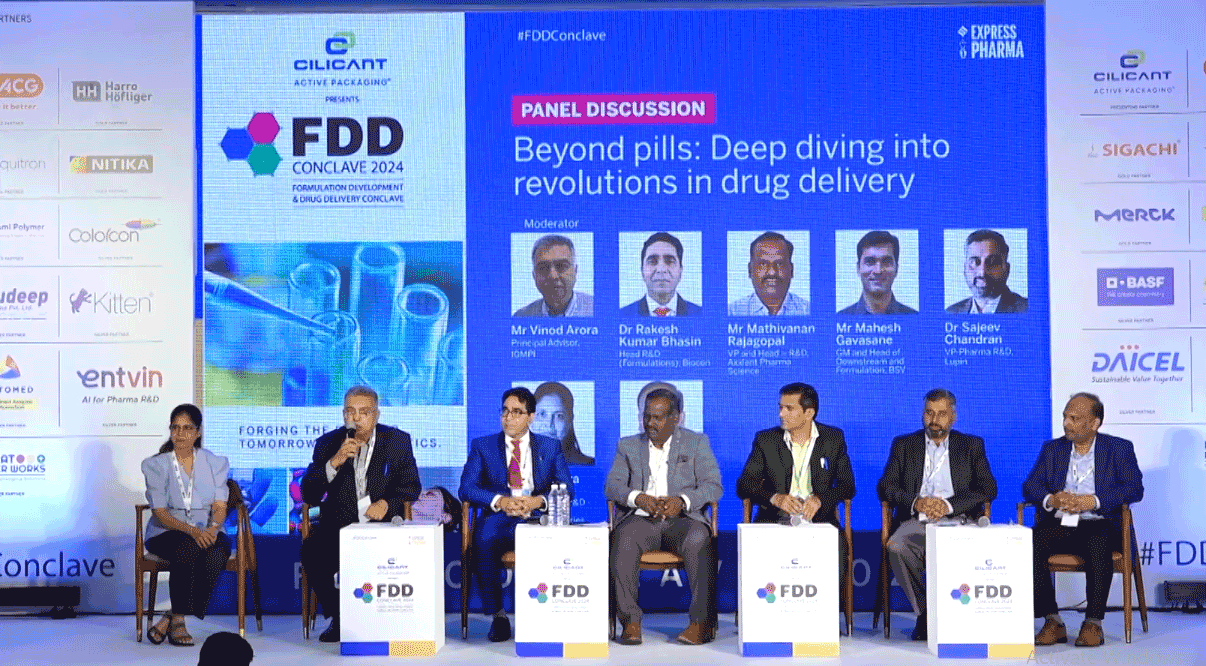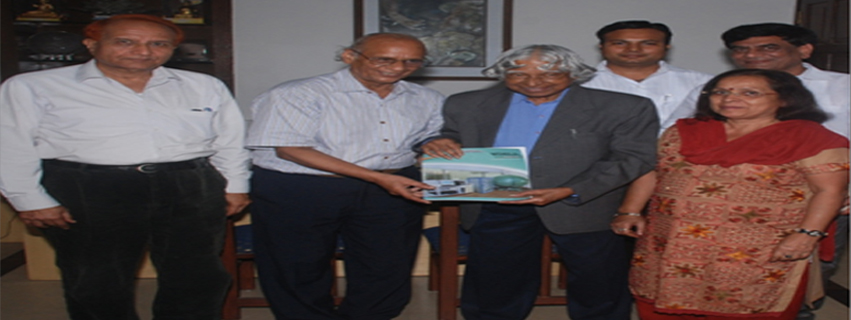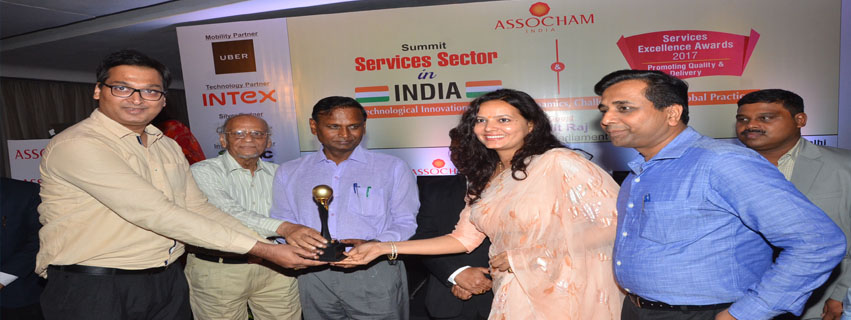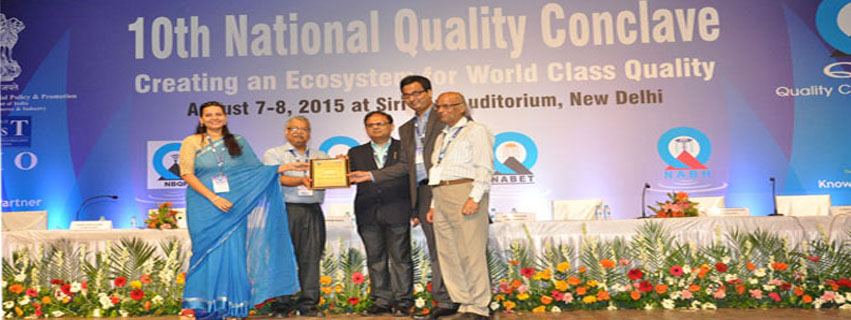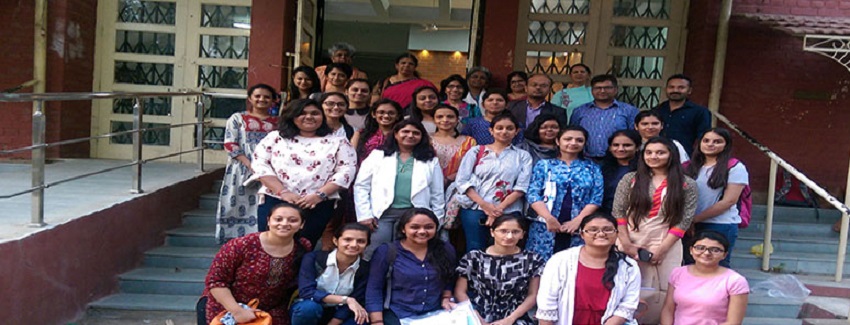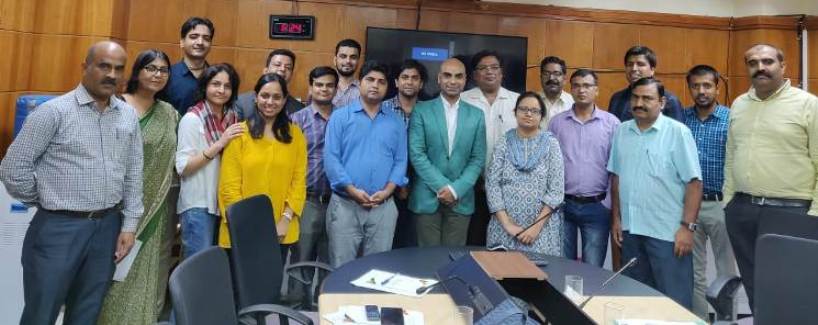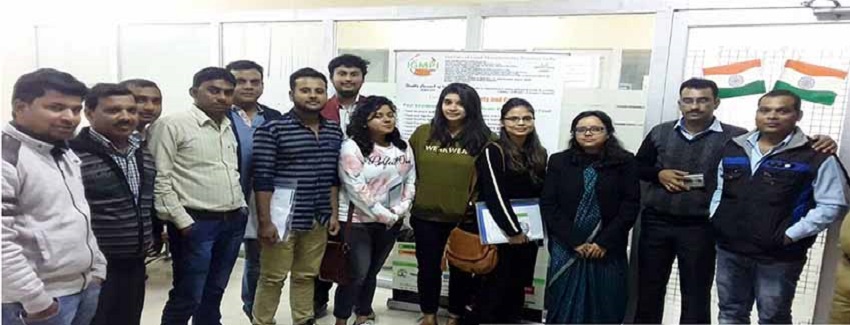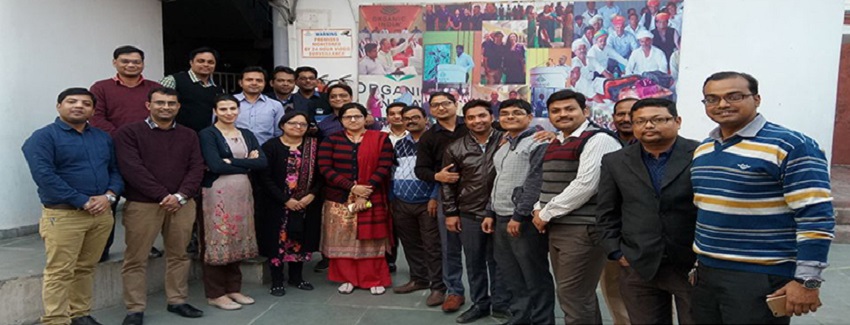(An Autonomous Body Recognized by Ministry of Commerce & Industry, Government of India)
Competency based placement focussed Education | Training | Research | Consultancy
Post Graduate Diploma/Executive Diploma Digital Forensics (PGDF/EDF)
This Post Graduate Diploma/Executive Diploma Digital Forensics course is an advanced, industry-aligned programme designed to meet the growing global demand for skilled professionals in digital forensics and cyber investigation. With the rapid increase in cybercrimes such as identity theft, ransomware attacks, insider threats, and online fraud, organizations across industries—banking, healthcare, government, telecom, IT services, and law enforcement—require experts who can investigate incidents, analyze digital evidence, and ensure legal compliance.
This programme equips learners with knowledge in digital forensics, including computer forensics, network forensics, malware analysis, dark web investigations, and legal frameworks. Participants will gain expertise in evidence identification, preservation, acquisition, analysis, and reporting, while understanding anti-forensics techniques and countermeasures. The course is delivered through case studies, examples, and discussions, without practical labs or hands-on exercises, preparing participants to become certified forensic experts.
Whether you are a cyber security enthusiast, a professional seeking to specialize in investigations, or someone transitioning into digital forensics, this course offers a fast-track to mastering the forensic lifecycle and contributing to the protection of digital environments.
Programme Structure
Module 1: Fundamentals of Digital Forensics
-
Definition, scope, and importance of digital forensics
-
Types of digital crimes and evidence
-
Roles and responsibilities of forensic investigators
-
Forensic readiness and legal admissibility of evidence
Module 2: Investigation Process and Methodologies
-
Phases of forensic investigation: pre-investigation, investigation, post-investigation
-
Evidence identification, collection, preservation, and chain of custody
-
Case management and documentation
-
Differences between corporate, law enforcement, and cybercrime investigations
Module 3: Storage Media and File Systems
-
Overview of storage devices (HDD, SSD, USB, mobile storage)
-
Logical vs. physical structure of disks
-
File systems: FAT, NTFS, ext, HFS+ and their forensic relevance
-
File deletion, recovery concepts, and metadata
Module 4: Data Acquisition and Duplication
-
Approaches to live and static data acquisition
-
Types of acquisition: logical vs. physical imaging
-
Integrity checks and hashing (MD5, SHA)
-
Challenges and limitations in acquisition
Module 5: Anti-Forensics and Countermeasures
-
Understanding anti-forensic techniques: encryption, data hiding, steganography
-
Obfuscation and evidence destruction methods
-
Counter-forensic strategies
-
Ethical implications of anti-forensics
Module 6: Operating System Forensics
-
Windows forensics: registry, logs, system artifacts
-
Linux/Mac forensics: logs, kernel structures, user artifacts
-
Volatile vs. non-volatile data concepts
-
Memory analysis
Module 7: Network and Web Forensics
-
Fundamentals of network forensics
-
Evidence sources: logs, traffic captures, intrusion alerts
-
Web server forensics: analyzing logs (IIS, Apache, Nginx)
-
Email forensics: tracing sources, header analysis
Module 8: Dark Web Forensics
-
Understanding the Dark Web, Tor, and anonymous networks
-
Types of crimes on the Dark Web
-
Forensic challenges in hidden services
-
Tracking digital footprints
Module 9: Malware Forensics
-
Types of malwares: viruses, worms, trojans, ransomware
-
Static and dynamic analysis approaches
-
Indicators of compromise (IOCs) and forensic artifacts
-
Case study of malware investigations
Module 10: Legal, Ethical, and Reporting Issues
-
Laws and regulations governing digital evidence (global and national)
-
Data privacy and jurisdictional issues
-
Report writing: format, clarity, and admissibility
-
Role of expert testimony in legal proceedings
Module 11: Industry based Case Study
Module 12: Capstone Project
Eligibility
Graduates in any discipline are eligible for our Post Graduate Diploma, Executive Diploma and Professional Certification Programmes.
Programme Duration
The minimum duration to complete the PG diploma programme is 12 months and maximum is 24 months. The minimum duration to complete the executive diploma programme is 6 months and maximum is 12 months.
Programme Mode
Registrations are currently open for regular and Part-time (Online Live Classes) both modes.
Programme Deliverables
-
Comprehensive study material for all modules in hard copies.
-
Online live sessions covering all key areas, including case studies, examples, and discussions.
-
Weekend classes with additional doubt clearing sessions.
-
Faculty ensures modules are easily understandable without requiring practical exercises.
-
Assessment and evaluation designed to enhance knowledge and understanding.
-
Feedback collection at the end of each module to improve learning outcomes.
-
All learning and training delivery conducted in English.
Examination and Certification
All the participants are obliged to timely submit completed assessment assignments (during the programme, usually after every module) and appear for an online proctored exam at the end of the programme. After successful completion, the participants will be awarded Professional Certification in Digital Forensics (PGDF/EDF) by Centre for Cyber Forensic and Cyber Security, IGMPI. For all the above-mentioned modules elaborate programme material, self-assessment assignments and project work details would be provided by the Institute from time to time. Details get updated on the webpage as well.
Discipline in Classes and Examination
Every student is required to observe a disciplined behaviour during her/his classes, assessments & examinations and to follow instructions from the Professors. Any act of indiscipline may result into discredit & it will be mentioned in her/his academic report.
Placement Assistance & Corporate Relations
The Institute has partnered with many organizations for providing with placement assistance to its participants. Besides, it has a robust placement cell comprised of senior level Human Resources professionals and Talent Acquisition experts which maintains close links with business and industry. This cell is continuously engaged in promoting the employability of our participants and encouraging the concerned Human Resource department and Hiring Managers to recruit/hire our participants for their vacant positions. The efforts of our placement cell also include helping with professional resume writing and interview skills.
In recent months, the Institute has witnessed more and more participation from professionals working with global think tanks. The IGMPI ‘s Corporate Resource Division actively recommends our students and training participants for various job requirements and specialized roles to Human Resource, Talent Acquisition as well as the heads of various departments in the industrial sector on a regular basis.
Future Career Prospects
Digital Forensics and Investigation is a high-demand field with career opportunities in IT, finance, healthcare, telecom, government, and defense sectors.
Graduates of the Professional Certification in DFE can pursue roles such as:
-
Digital Forensics Investigator
-
Incident Response Specialist
-
Cybercrime Analyst
-
SOC Forensics Analyst
-
e-Discovery Specialist
-
Cyber security Consultant
Top companies like Deloitte, PwC, EY, KPMG, IBM, Microsoft, and specialized Cyber security firms actively hire certified forensic professionals. In India, opportunities exist with CERT-IN, NCIIPC, law enforcement agencies, and private investigation firms.
Programme Fee Details
Programme fee details will appear here.
Last date for submitting completed Application Form: 6th Mar 2026.
For further enquiries, call or write to us on:
18001031071
(Toll Free -9:00 am to 5:30 pm IST-except on Central Government holidays)/
info@igmpi.ac.in
NEWSLETTER
- Poland Attributes Major Cyberattack to FSB Units Targeting Critical Systems
- Italy’s National Cyber Command Ramps Up AI-Aware Defenses for High-Profile Event
- Emerging Malware, Vulnerabilities, and Ongoing Attack Campaigns Reported Across Multiple Sectors
- Highly Active Threat Group UAC-0001 Deploys Malware via Office Documents
Other Programmes

